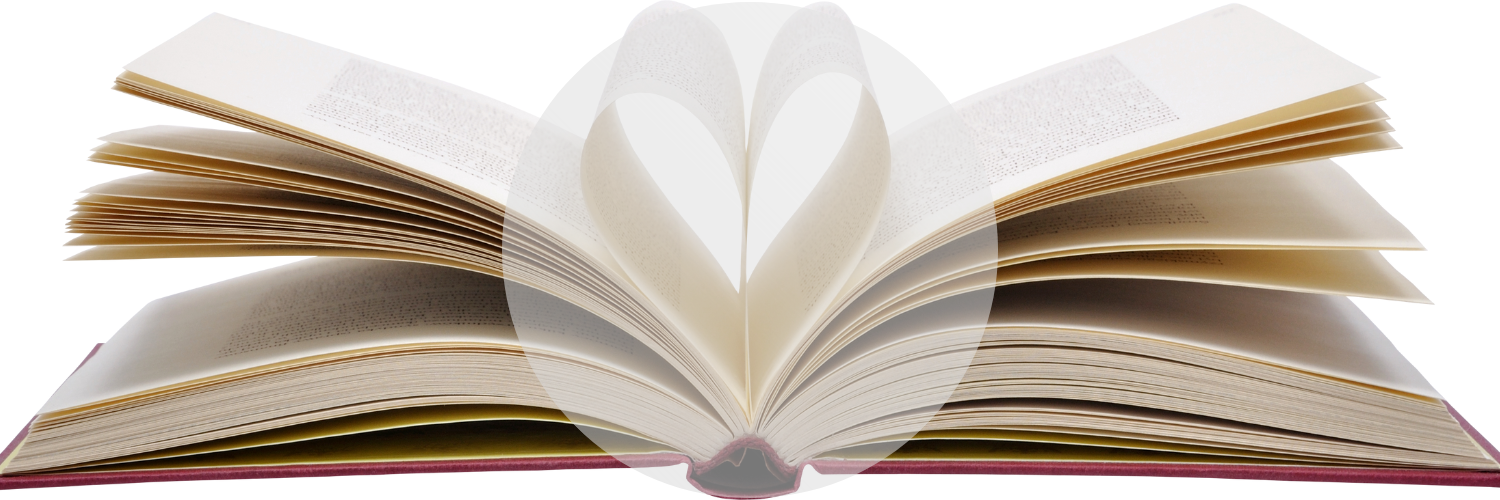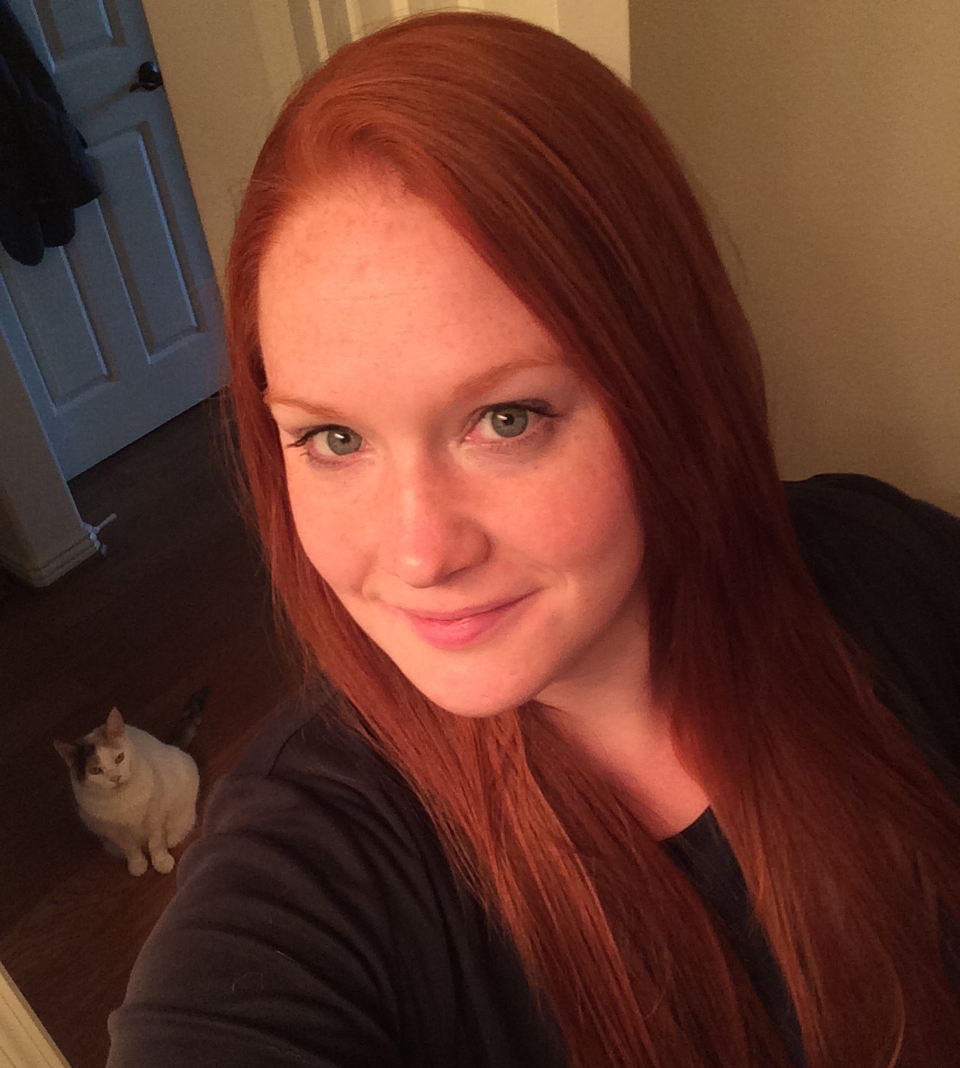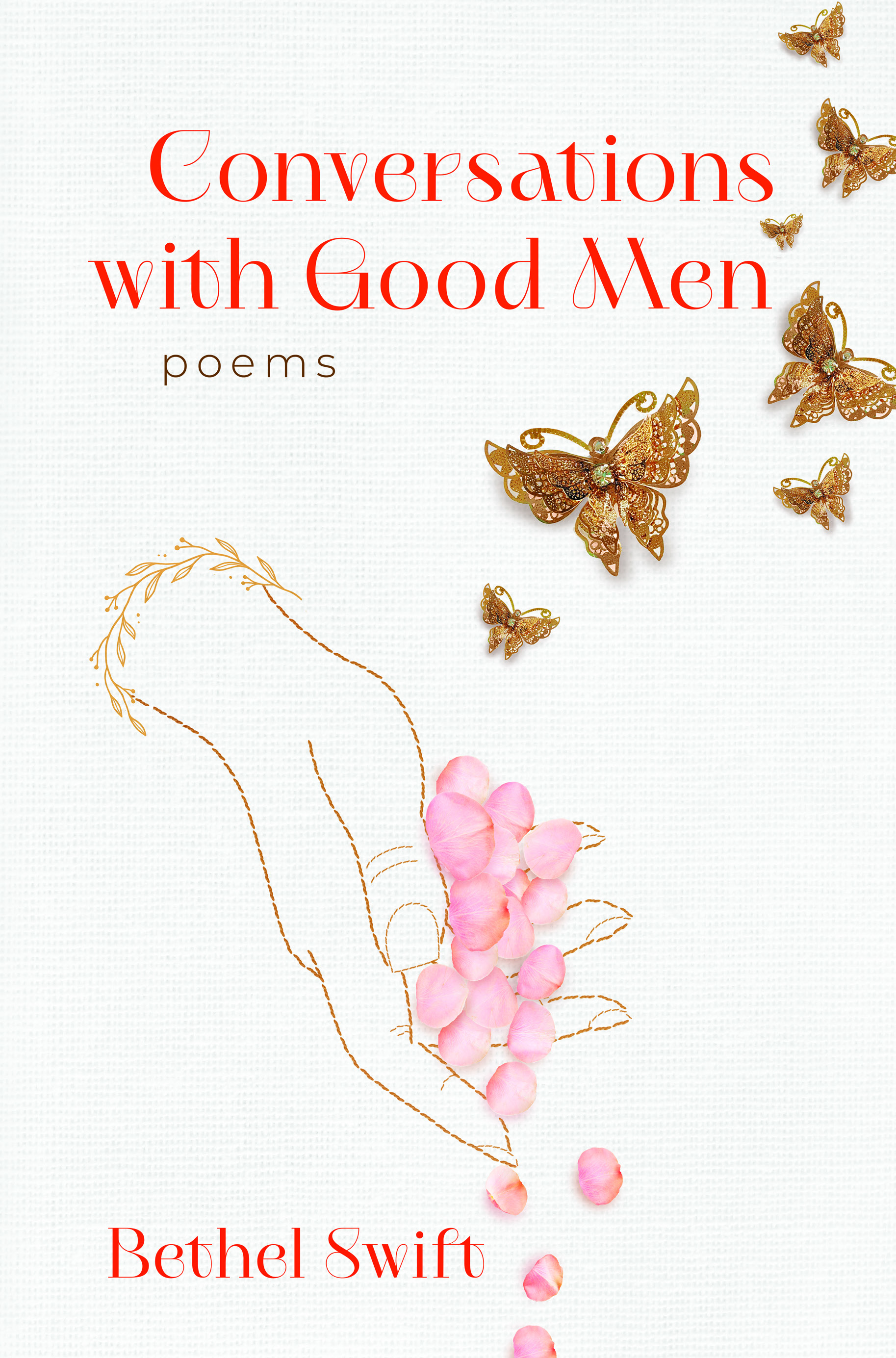“Yes, And..." Bill Cosby & Other Heavy Topics
I recently subscribed to Audible Plus. As an author, I’m downright ashamed of myself for subscribing, but as a reader with a limited book buying budget at the moment, I’m pleased with my decision. This duality kind of sets the tone for this blog post and, I hope, serves as a reminder that life - with all its many choices - is not black and white and the people making those choices are not all good or all bad. Years ago, a friend of mine was studying Improv at Second City in Chicago and introduced me to the concept of “Yes, and…” which is the mantra that improv performers follow in both practice and performance. No matter how crazy or how dull their fellow performer’s idea, they are to roll with it and add to it, by saying “Yes, and…” or something equivalent, which allows them to build on or even pivot the plot. But isn’t this also just how life really is - stranger than fiction?
Anyways, back to Audible: I started with Intuitive Eating: A Revolutionary Anti-Diet Approach by RDN Evelyn Tribole MS and RDN Elyse Resch, MS, which I am still slowly digesting (#sorrynotsorry) and finished Ain’t I a Woman by Bell Hooks as well as Dolly Parton’s Songteller. As different as these three books are, I was surprised to find strong common threads. Among the stories that inspired different ones of her songs, Dolly shared about a time when she was restricting herself from eating real food in an attempt to lose weight and wound up isolating herself in her hotel room while her friends were out enjoying a nice dinner. It is mindblowing to me how diet culture and weight stigma can impact absolute QUEENS like Dolly and even Beyonce! Body negativity also has a long history of being one of many ways to put down and stigmatize women of color, which Hook’s book reminded me.
On a recent business trip, I decided to watch the documentary We Have to Talk About Cosby. The long and sordid history of false rape accusations against African American men in the U.S. was still as fresh on my mind as it was when I first heard Bill Cosby was being charged. Listening to the brutality and cruelty of the lynchings that whites perpetrated against African Americans, as described in Hooks’ book, rebroke my heart, coupled with the reminder of how utterly vulnerable African American women, in particular, were to rape, extreme torture, and regular abuse with no way to protect themselves.
I chose to watch the documentary because there was a part of me, even as a survivor of sexual assault myself, that still wanted to believe that somehow there was some mistake and Cosby didn’t actually do it. The film is VERY well done, touching on the many amazing accomplishments Cosby achieved not just for himself, but for his culture as well, including opening the door for stuntmen of color (starting on the set of I Spy). However, Director W. Kamau Bell also did not sugarcoat that throughout Cosby’s entire career, while he was doing incredible things and creating lasting positive change in the industry, he was also committing these premeditated crimes against women - including against women of color.
Cosby was both the “colorless” comedian who kept race out of his standup AND the powerful narrator of Black History: Lost, Stolen or Strayed AND the man who went all Professor Higgins shaming certain African Americans for the way they spoke and dressed. He is a husband and father whose wife and children describe him much like his character, Dr. Cliff Huxtable, and he is also the dipshit of a dad who told his daughter Erinn that she shouldn’t press charges against her assailant - Mike Tyson - but that Cosby would pay for him to get therapy instead. Watching the men and women who knew Cosby trying to wrap their heads around whether so many awful truths canceled out the wonderful ones was really eye opening for me about the aftermath of my own sexual assault.
When I was writing about it for Conversations with Good Men, I felt a strong pull to be “fair” to my rapist and to this day, I am most proud of “Consent” and “Potpourri Rain” - two of the poems in my collection which address this experience. It was incredibly important to me that readers relate to the rapist as a likable guy first, before realizing his crime. Upon reflection, the instinct to portray a well-rounded rapist may have been less about being “fair” to him and more about trying to prove that I had no way to know better, no reason not to trust him. My grandmother used to say that she thinks everyone is doing the best they can and while I can’t agree with that, I do know that humans are complex. Many are capable of being both warm and lovely to one person in one setting on one day and cold, cruel, and even criminal to that same person - or another - on that same day or any other.
After finishing all four episodes of the Cosby documentary, I felt a longing to watch something lighter, wholesome, and funny - something like The Cosby Show. At first I felt ashamed of this feeling, but then I realized it actually made perfect sense to crave scripted safety and warmth - and maybe there was some part of Cosby that craved that too. I thought of the Hooks quote, “Teaching women how to defend themselves against male rapists is not the same as working to change society so that men will not rape.” A fresh wave of sadness washed over me as I thought how many of those working on the show had to know and facilitate Cosby’s behavior. How many chose to look away? How many, thinking Cosby is a “good guy” so the “bad stuff” just can’t be true, still do?
I kept looking for a way to wrap up this essay but maybe letting it trail off is the more appropriate response. So instead I will ask what are you reading, watching, and listening to? As Walt Whitman put it, “The powerful play goes on, and you may contribute a verse.”


